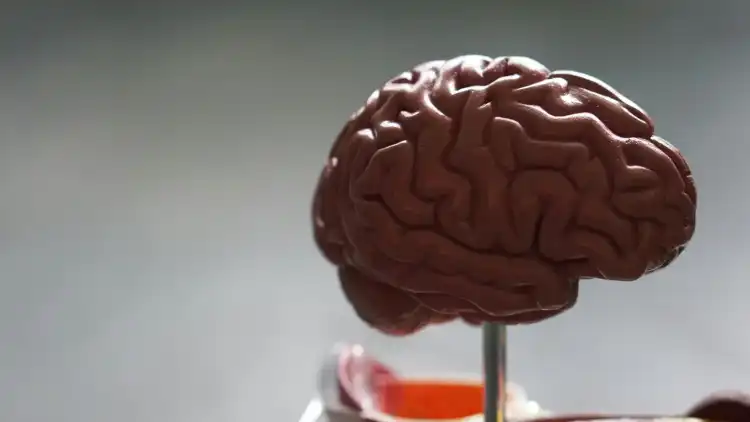Exploring the science behind your accent is a journey into how our brains shape identity through sound. An accent is not about vocabulary or grammar, but the specific way a person pronounces and enunciates words. Accents emerge when groups of people, often separated by geography, develop unique vocal patterns that solidify their shared identity. This process is deeply rooted in our neurobiology. Specific brain regions are responsible for this complex task: Wernicke’s area processes the sounds we hear, Broca’s area organizes our thoughts into speech, and the motor cortex controls the precise movements of our mouth, tongue, and lips to produce those sounds.
Table of Contents
🧠 The Origins of Our Voice
Amazingly, the foundation of our accent begins to form even before we can speak. Studies have shown that the melody and intonation of a baby’s cry mimic the patterns of their native language, a learning process that starts in the womb. During the last few months of pregnancy, a fetus can hear and begin to register the rhythmic patterns of its mother’s speech. This early exposure primes the brain for the specific sounds it will need to produce later. This is a testament to the brain’s incredible ability to absorb information from its environment from the earliest stages of development.
🧠 Brain Plasticity and Accent Permanence
In our early years, the brain exhibits remarkable plasticity, meaning it has the ability to adapt and form new neural connections. A young child can learn any accent they are exposed to. However, this flexibility diminishes with age. Around the age of 12, our primary accent becomes largely permanent. The brain prunes away the neural pathways for sounds it doesn’t regularly use, stabilizing the information it has already learned. This is why it’s much harder for adults to pick up a new accent perfectly. In rare cases, a brain injury can lead to ‘Foreign Accent Syndrome,’ where damage to the speech centers of the brain causes a person to suddenly speak with an accent they’ve never had, highlighting the delicate brain wiring that controls our unique voice.
More Topics
- Why Do We Lie – Understanding the Human Mind
- Brain Surgery – Understanding the Human Mind
- How to Think Yourself Smart – Understanding the Human Mind
- Escape Room Psychology – Understanding the Human Mind
- How Optical Illusions Work – Understanding the Human Mind
- How We Learn – Understanding the Human Mind
- The Science of Sight – How Your Brain Sees the World

